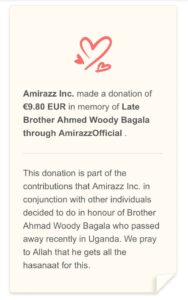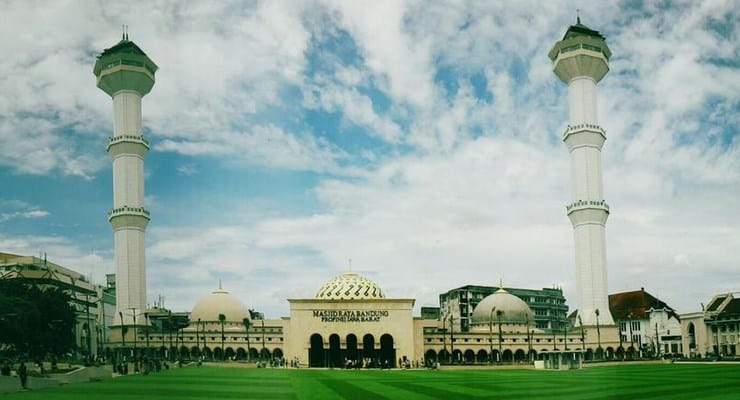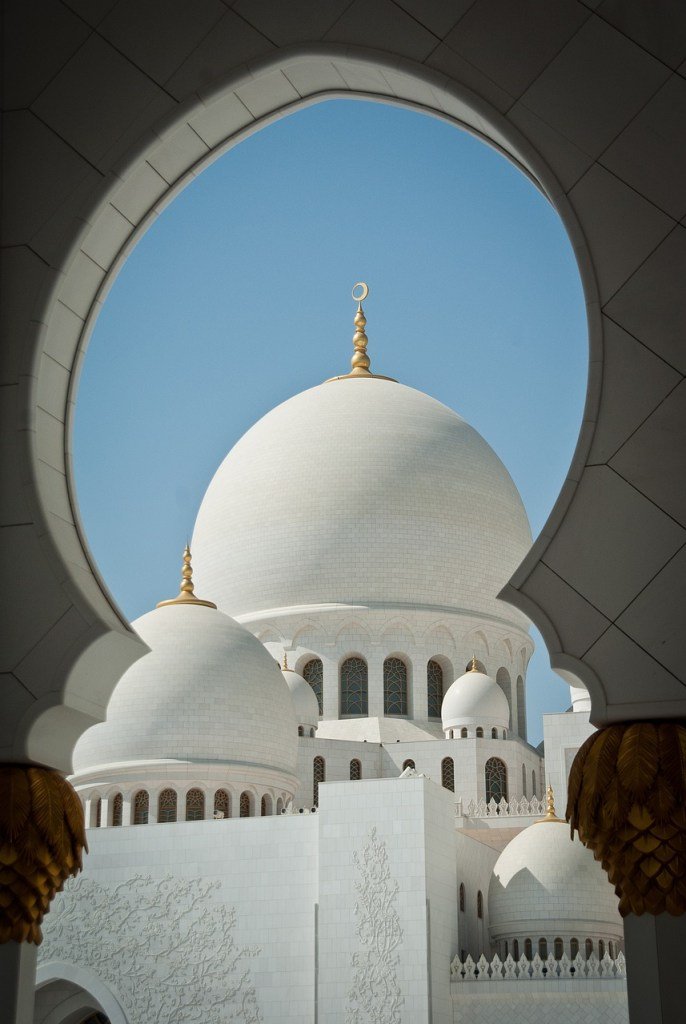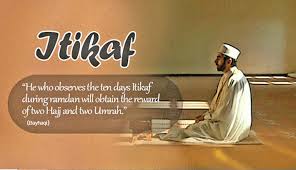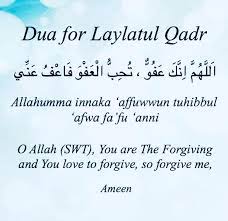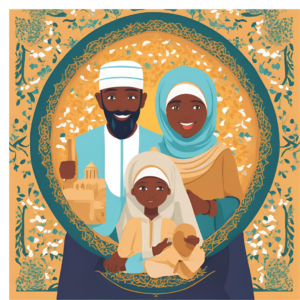
In Islam, marriage is not only a legal contract but also a sacred union that brings two souls together with a foundation of love, mercy, and tranquility. The Qur’an beautifully describes this bond: “And among His signs is this: that He created for you mates from among yourselves, that you may dwell in tranquility with them, and He has put love and mercy between your hearts…” (Qur’an 30:21). These principles underscore the importance of mental well-being within a marriage. However, mental health is sometimes overlooked in the pursuit of maintaining a stable household. This article aims to highlight the importance of mental health in marriage from an Islamic perspective, using insights from the Qur’an, Hadith, and contemporary research.
1. Mental Health and Emotional Balance in Marriage
Islam emphasizes maintaining mental and emotional balance in all aspects of life, and marriage is no exception. When individuals experience mental health challenges, such as stress, anxiety, or depression, it affects their interactions with their spouse and family. This is why Islam encourages believers to take care of both physical and mental health as part of holistic well-being. According to the teachings of Prophet Muhammad (peace be upon him), believers should avoid excessive worry and strive for peace of mind and heart.
The Prophet is reported to have said, “No fatigue, nor disease, nor sorrow, nor sadness, nor hurt, nor distress befalls a Muslim, even if it were the prick he receives from a thorn, but that Allah expiates some of his sins for that” (Sahih al-Bukhari 5641). This Hadith highlights the importance of acknowledging emotional pain and suggests that mental health struggles, while challenging, also come with spiritual growth and the opportunity for divine mercy.
In a marital context, acknowledging each other’s mental health struggles and offering support aligns with the Islamic principle of kindness and mutual care. When spouses empathize with one another’s emotional challenges, they create a compassionate environment that nurtures both the marriage and individual well-being.
2. Communication as a Pillar of Mental Health
One of the key components of a healthy marriage in Islam is effective communication. Miscommunication and lack of emotional openness often lead to misunderstandings, resentment, and emotional distress. The Prophet Muhammad (peace be upon him) emphasized the importance of kind and thoughtful communication, stating, “The most perfect of believers in faith are those best in character, and the best of you are those who are best to their wives.” (Sunan al-Tirmidhi 1162).
In modern mental health literature, open and honest communication is considered essential for reducing stress and increasing marital satisfaction (American Psychological Association). Couples who discuss their worries, goals, and feelings with each other are better able to navigate challenges and maintain emotional intimacy. By prioritizing communication, Muslim couples can foster an environment of support and understanding, which is crucial for mental well-being. Research also confirms that open dialogue reduces emotional tension and strengthens marital bonds.
3. Empathy and Compassion: The Sunnah Approach
Empathy, or the ability to understand and share another person’s feelings, is highly valued in Islam. Prophet Muhammad (peace be upon him) was known for his empathy and kindness towards his family. Aisha (may Allah be pleased with her), the Prophet’s wife, reported, “He would be at the service of his family” (Sahih al-Bukhari). This shows that caring for one’s spouse and understanding their struggles is not only a part of the Sunnah but also a means to strengthen marital relationships.
Empathy is a core component of mental health support. When a spouse is empathetic and compassionate, they provide a safe space for their partner to express emotions and challenges, thus reducing stress and fostering emotional stability. According to Islamic teachings, showing empathy is not just an act of love but also a duty that aligns with the principles of kindness and mercy in marriage.
4. Mental Health, Patience, and Tawakkul (Reliance on Allah)
Mental health challenges can test an individual’s patience and resilience. In marriage, spouses are encouraged to practice patience (sabr) and place their trust in Allah (tawakkul) during difficult times. The Qur’an says, “Indeed, Allah is with those who are patient” (Qur’an 2:153), and this principle is particularly applicable in managing mental health issues.
Islam encourages believers to seek help for their struggles, which includes both prayer and practical actions, such as therapy or counseling if necessary. Patience in this context does not mean suppressing emotions or neglecting treatment but rather embracing the process of healing with faith. When both partners rely on Allah and support each other patiently through mental health struggles, they create a resilient marriage that can withstand life’s challenges.
5. Seeking Help: Therapy and Counseling in Islam
Islam not only acknowledges mental health issues but also encourages seeking help. The Prophet Muhammad (peace be upon him) advised his followers to seek remedies for their ailments, saying, “Make use of medical treatment, for Allah has not made a disease without appointing a remedy for it…” (Sunan Abu Dawood 3855). This Hadith illustrates the importance of seeking treatment for both physical and mental health issues.
For Muslim couples experiencing mental health challenges, marriage counseling and therapy can be effective tools in managing stress, depression, and interpersonal issues. Therapy is not viewed as a lack of faith, but rather as a means of taking responsibility for one’s well-being and the well-being of the family. Islamic organizations and counseling services, such as Muslim Mental Health and Khalil Center, provide culturally sensitive support that aligns with Islamic values.
6. Creating a Supportive Environment for Mental Health in Marriage
In Islam, marriage is a partnership built on love and support. Creating a supportive environment that promotes mental health can include setting aside time for shared spiritual practices, like praying together, reading Qur’an, and making du’a (supplication). Studies show that shared religious activities help couples feel closer and foster a sense of spiritual support, which is essential for mental well-being (Pew Research Center).
Practices such as mindfulness, gratitude, and self-care also align with Islamic teachings and are important for mental health. For example, regular prayer (Salah) provides a structured time for reflection and emotional release, promoting inner peace. Additionally, gratitude (shukr) is encouraged in Islam and has been shown to improve mental health by fostering a positive outlook on life.
Mental health is an integral part of a successful marriage, and Islam provides comprehensive guidance on nurturing emotional well-being within marital relationships. Through empathy, patience, effective communication, and reliance on Allah, Muslim couples can create a loving and supportive marriage that promotes mental health. Islam also encourages seeking help, including therapy, as part of taking responsibility for one’s health.
By prioritizing mental health within marriage, Muslims can build stronger families, foster emotional well-being, and uphold the Islamic principles of mercy, love, and tranquility.







